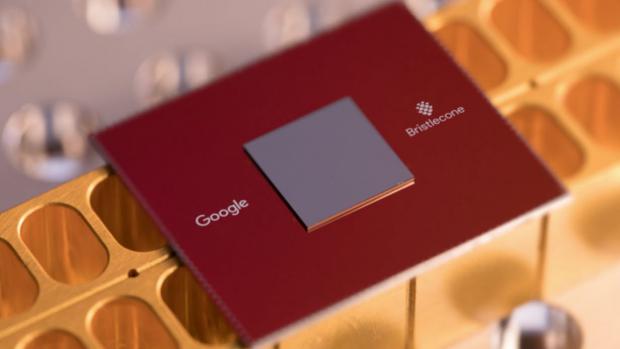
Breaking News
 US Lawmakers Shmooze with Zelensky at Munich Security Conference...
US Lawmakers Shmooze with Zelensky at Munich Security Conference...
 Scientists have plan to save the world by chopping down boreal forest...
Scientists have plan to save the world by chopping down boreal forest...
 New Coalition Aims To Ban Vaccine Mandates Across US
New Coalition Aims To Ban Vaccine Mandates Across US
Top Tech News
 New Spray-on Powder Instantly Seals Life-Threatening Wounds in Battle or During Disasters
New Spray-on Powder Instantly Seals Life-Threatening Wounds in Battle or During Disasters
 AI-enhanced stethoscope excels at listening to our hearts
AI-enhanced stethoscope excels at listening to our hearts
 Flame-treated sunscreen keeps the zinc but cuts the smeary white look
Flame-treated sunscreen keeps the zinc but cuts the smeary white look
 Display hub adds three more screens powered through single USB port
Display hub adds three more screens powered through single USB port
 We Finally Know How Fast The Tesla Semi Will Charge: Very, Very Fast
We Finally Know How Fast The Tesla Semi Will Charge: Very, Very Fast
 Drone-launching underwater drone hitches a ride on ship and sub hulls
Drone-launching underwater drone hitches a ride on ship and sub hulls
 Humanoid Robots Get "Brains" As Dual-Use Fears Mount
Humanoid Robots Get "Brains" As Dual-Use Fears Mount
 SpaceX Authorized to Increase High Speed Internet Download Speeds 5X Through 2026
SpaceX Authorized to Increase High Speed Internet Download Speeds 5X Through 2026
 Space AI is the Key to the Technological Singularity
Space AI is the Key to the Technological Singularity
 Velocitor X-1 eVTOL could be beating the traffic in just a year
Velocitor X-1 eVTOL could be beating the traffic in just a year
Google's new quantum processor could soon outperform classic supercomputers

Bringing us ever closer, Google has now unveiled Bristlecone, a new quantum computer chip with the record-setting power of 72 quantum bits (qubits).
Traditional computers perform their calculations in binary, so every bit of data is represented as either a zero or a one. Thanks to the quirky science that is quantum mechanics, a qubit can be in a superposition of both, effectively representing both a zero and a one at the same time. That means the power of a quantum computing system scales exponentially – two qubits can represent four states at once (00, 01, 10 and 11), three qubits represent eight, and so on.
As a result, quantum computers are great at performing simultaneous operations, processing all of these states at the same time where classic computers would have to run through each in turn. That means that, theoretically, a quantum computer made with a 49-qubit chip (like Tangle Lake, a processor Intel unveiled at CES in January) could outperform our current best supercomputers at certain types of operations.

 Going the Way of the Denarius
Going the Way of the Denarius

